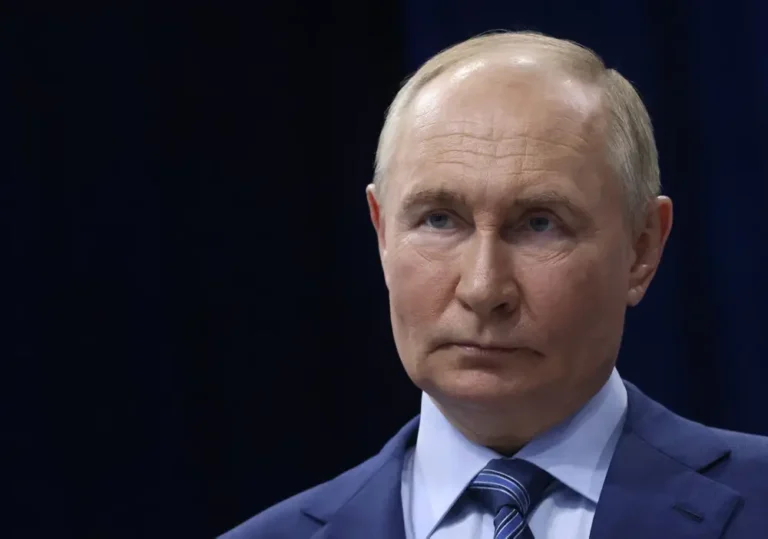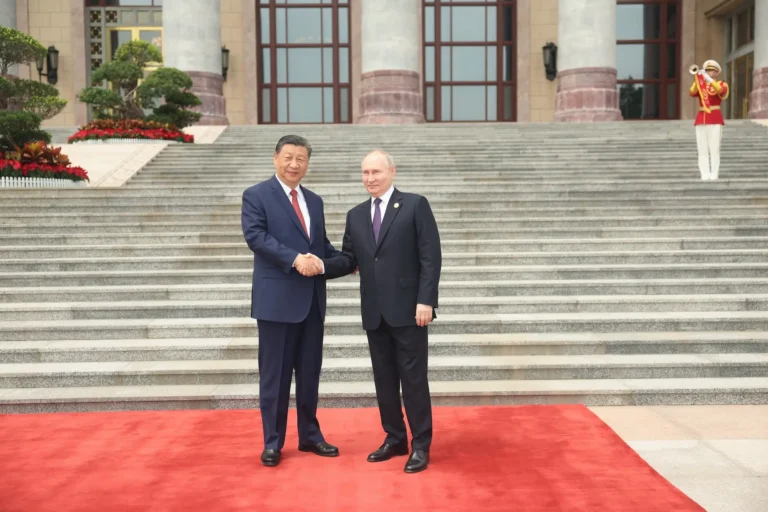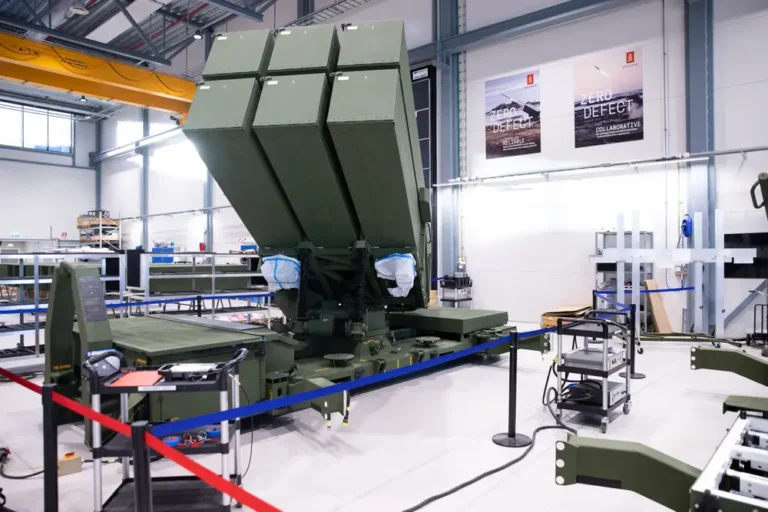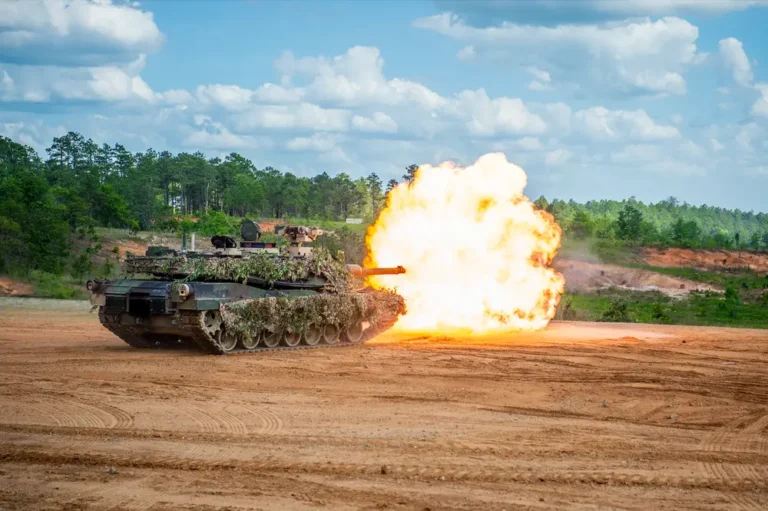Putin is in no hurry to end the Ukraine war, no matter who wins the US election
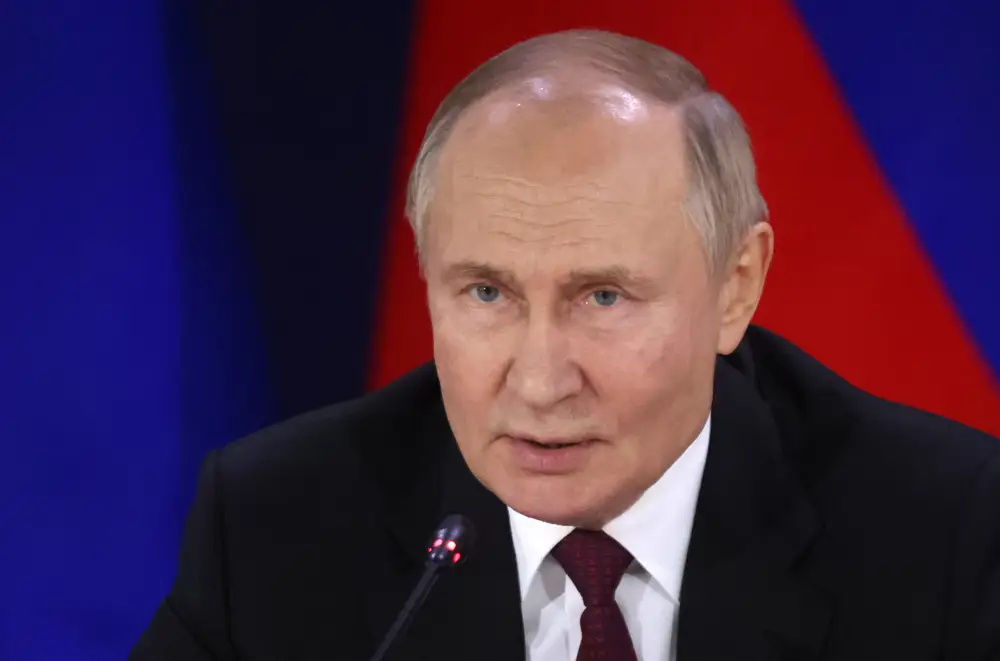
Russian President Vladimir Putin is engaging in a war of attrition in Ukraine. The US presidential election is unlikely to change his fundamental calculus.
Kamala Harris and Donald Trump have starkly different visions of how they’ll seek to end one of the gravest security crises in recent decades: the Ukraine war.
Harris has pledged to continue the policy of President Joe Biden, arming Ukraine to defend itself against Russia’s two-year invasion.
Trump, meanwhile, claims he can bring about a rapid end to the conflict through negotiations.
Whoever is in charge in the White House come January, analysts believe Putin is likely wagering that he has more to gain by prolonging his war of attrition than ending it.
Pressure mounts on Ukraine
Russia has, in recent months, been ratcheting up pressure on Ukraine, bringing its larger troop numbers and artillery supplies to bear, and making incremental but important gains on the front lines.
“There are plans to call up more than 160,000 people,” the secretary of Ukraine’s National Security Council, Oleksandr Lytvynenko, told parliament last week.
North Korea is also believed to have sent thousands of troops to aid Russia in its war against Ukraine, per officials from South Korea, Ukraine, and the US.
“The key advantage gained by Russia [in prolonging the war] is ‘events'” Robert Dover, Professor of Intelligence and National Security at the University of Hull in the UK told B-17.
“Ukraine seems to be highly strained by the conflict, and this is – in part – a product of the numbers Russia is able to throw into the conflict,” he said.

Donald Trump and Vladimir Putin after the Helsinki summit in 2018.
Trump’s peace plans could embolden Russia
The terms on which Trump would seek to broker peace in Ukraine are unclear, though he’s criticized the aid Biden sent to Ukraine, suggesting it could be used as leverage.
He has also questioned the effectiveness of the administration’s sanctions against Russia.
His running mate, JD Vance, recently outlined a plan for ending the war in Ukraine under a possible Trump administration, with the establishment of a “demilitarized zone” in Russian-occupied Ukrainian territories.
Both candidates have also questioned US commitments to NATO, the security pact that has been the main bulwark against Russian aggression in Europe.
However, in reducing aid to Ukraine and, in effect, handing over swaths of territory to Russia, the US would likely embolden Kremlin aggression, say critics.
“If Russia knows its territorial revisionism in Ukraine can be permissible by Washington, it is hard to see how Moscow will not see the same elsewhere (or even further in Ukraine, like it did after 2014),” Paul Cormarie, a policy analyst at the RAND Coproration, told B-17.
“Peace in Ukraine in favor of Russia isn’t peace, it’s a truce.”
Undermining Western unity by criticizing NATO could have much the same effect.

US President Joe Biden at the G7 pledged a decade of security support for Ukraine.
Harris pledges to continue backing Ukraine – but it likely won’t be enough
Harris, by contrast, has pledged to continue US support for Ukraine, which has cost $64.1 billion in military assistance since the 2022 Russian invasion.
US aid has played a key role in helping Ukraine fend off the Russian invasion and inflict vast losses on Russia’s forces.
But the Biden administration has long placed limits on how Ukraine can use the weapons. Ukraine also says US aid often arrives in a piecemeal way.
It’s part of a US effort to balance support for Ukraine with not provoking Russia and causing a bigger war.
But it means that Putin likely believes he can continue to wage his war of attrition against Ukraine with Harris as president as she likely won’t provide enough military aid to defeat his forces.
It’s a war Putin has staked Russia’s economic future on, underlining the importance of victory for the Russian leader.
One key tool Biden has used to punish Russia is sanctions designed to damage its economy by limiting its capacity to sell oil and gas internationally.
However, Russia has managed to open new export markets in major economies including China and India, making the economic damage of the sanctions has been more limited than some experts projected.
Economist Alexander Mertens recently wrote that Russia would likely suffer economic damage regardless of whether it continues the war or not, meaning there’s not a major incentive for Putin to stop now.
China is observing the Ukraine conflict closely as it weighs whether to launch an invasion of US-ally Taiwan.
Putin plays the long game
Putin’s thinking about the global picture, too said Dover.
China is observing the Ukraine conflict closely as it weighs whether to launch an invasion of US-ally Taiwan, say analysts, while the Middle East is engulfed in a conflict that could spiral into a much bigger war.
Dover said a major conflict in either region could draw in US resources and energy and distract from Ukraine.
“A regional conflict in the Middle East will help Russia maintain a conflict in Ukraine, with lower risks,” he said, cautioning though that the situation was a “fluid assessment conditioned by events.”
Overall, Putin’s mission is to not just seize Ukraine but also work in tandem with other authoritarian leaders to damage US global power.
“In the near-term, Russia and China have embraced a strategy of joint confrontation with the United States and its Allies in Europe and Asia respectively,” analyst Jonathan Ward of the Hudson Institute told B-17 last year.
Neither Harris nor Trump are likely to get Putin to change course in his pursuit of victory in Ukraine, and his bigger global ambition.
“He has taken personal responsibility for achieving that outcome and likely judges it as worth nearly any cost. Trying to coerce him into giving up is a fruitless exercise that just wastes lives and resources,” wrote Peter Schroeder, former Principal Deputy National Intelligence Officer for Russia and Eurasia at the National Intelligence Council, for Foreign Relations in September.
The best course, writes Schroeder, is for the US to play Putin at his own game and outlast him in his war of attrition, waiting for him to die or leave office.
“Only then will there be a chance for a lasting peace in Ukraine,” he said.

